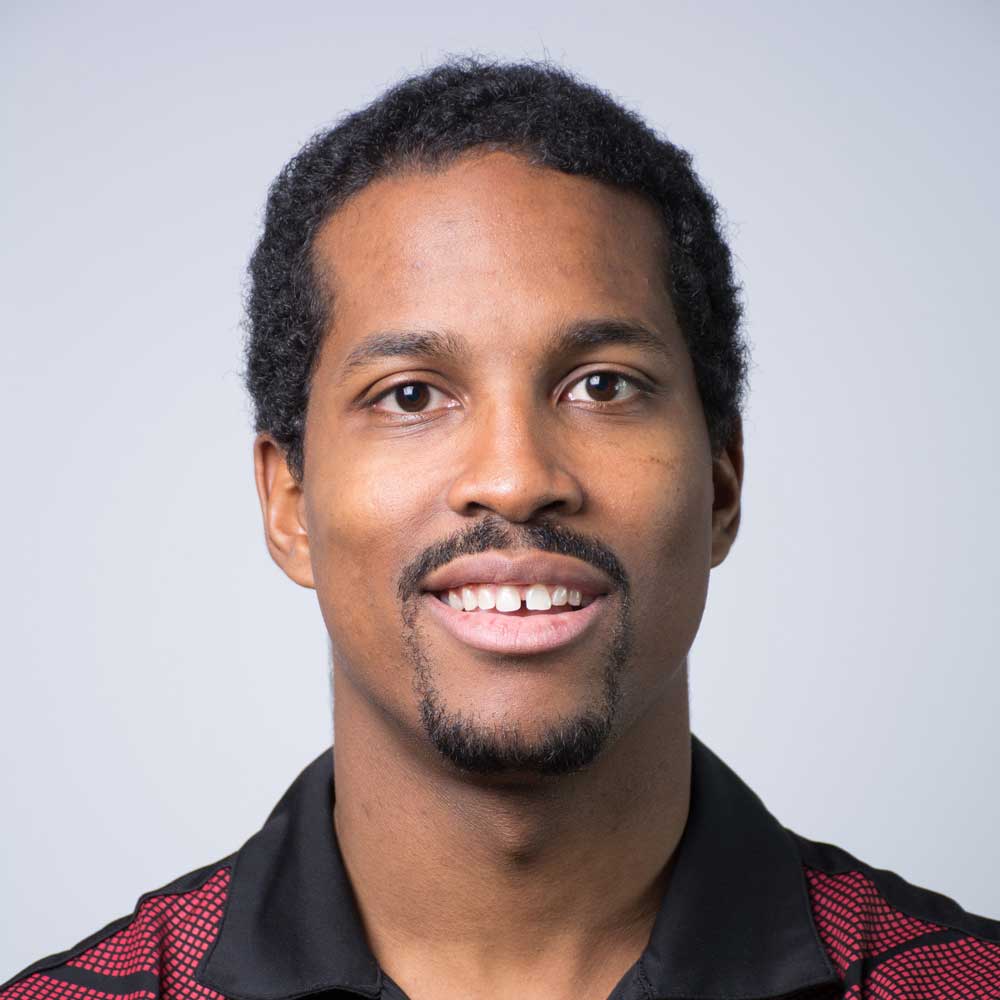
As much of the world’s attention focused on the Black Lives Matter movement, I initially said little in person and over social media about it. To be honest, I felt like I didn’t have something new to share or a particularly enlightening experience worth distracting from some of the more powerful and educational voices available. At the same time I was torn – as a Black man with a platform, I felt obligated to say something meaningful.
After some soul searching and conversations with family, I realized that as a Black man, my story is worth sharing and learning about regardless of how I feel about it. And as I think about it, my story is unique.
I was adopted from birth by two white parents. My dad (I’ve never referred to them as adoptive parents) was finishing his PhD in nuclear engineering, while my mom had just founded a highly regarded private school. Two years later they would adopt my brother, who is of Jamaican descent and, seven years after that, my sister who is of Indian descent.
We moved to Leaside in the mid 90s. I remember only one other Black family in the neighbourhood throughout my childhood. In school, from Junior Academy, to Sterling Hall, and finally Crescent School, I was usually the only Black kid in my grade. I grew up playing hockey and soccer, and was typically the only Black kid on the team. When I graduated high school I went to Western University, which was predominantly white. In my physiotherapy program at the University of Toronto I was once again the only Black kid in my class.
That entire time, I didn’t know about systemic racism or that the civil rights movement failed to solve all of the problems. I wasn’t aware that people were being harassed, arrested, and murdered for walking or driving “while Black.” I attributed the stories that did hit the news as mistakes by a few bad apples that were inevitable in any society. When I heard about police takedowns, I always assumed people were doing something they shouldn’t be doing or hanging out where they shouldn’t be hanging out.
As far as I knew, when I didn’t make a hockey team, it was because of a lack of skill not because I was Black. When a movie theatre attendant paid us more attention, it was because we were making noise, not because I was Black. Conversely, I never felt that I had received any accolades just because I was Black. Race was something I was aware of, but I never felt that it was impacting my life trajectory.
I knew that Black people could vote, be in the government, and lead companies, people, and countries. And I had never had an experience where I felt like I wasn’t being treated equally. So I was stuck in a feedback loop where I was told I could do anything and the world seemingly never told me otherwise.
The first time I truly started to understand the potential impact on a Black man’s life was in 2017 when I was 29 years old. I was invited to a special meeting on diversity at Crescent School. A Black high school student had organized the meeting to discuss some of his concerns about the experiences of kids of colour in the school. He told stories about bus drivers leaving without him and kids looking at him a certain way, all because he was Black. His mom had given him strict orders to behave because his leash would be considerably shorter than the white kids’.
At the time I really struggled to see where he was coming from. Plenty of buses had left me behind over the years, but not because I was Black, right? Kids had looked at me and others in weird ways all the time, but it wasn’t race-related, right? I knew for a fact (from my own missteps) that the leash for Black kids at Crescent was the same as for white kids. Why would his mom think otherwise?
Back to that systemic racism. The experiences of this boy, his family, and his community were drastically different from mine. And they were heavily influenced by the way society consistently overlooked and dismissed the needs of the Black community. Growing up in a poor neighbourhood, he often saw and heard stories about shootings, heavy drug use, and regular police patrols. Perhaps someone his mom knew had been fired for a minor offence for which white people would never be. Maybe getting a cab or a bus from his home was more challenging than mine in Leaside. All of those real-life experiences led him to be more cautious and defensive around white people and superiors, something I had never even had to consider.
My family, community, and circumstances created a set of experiences that were extremely different from his. Two young Black boys in the same predominantly white school had two vastly different backgrounds and therefore perspectives on that environment. In essence, even I had many privileges that he never had.
If he and I can have such distinct experiences in a similar environment, how different are your experiences from his? In its truest form, this current movement is about acknowledging, understanding, and addressing the causes of those differences.
It had been so easy to think that since I had always felt that the world was fair to me, it was fair to everyone. This realization flipped my view of the world on its head and I struggled to reconcile these new thoughts. Since then, I’ve spent more time reading about the Black experience and have spent more time with people I know who have firsthand stories. I’ve participated in diversity meetings, supported events for inner city kids, helped to found a Black Physiotherapy Association, and made a point of supporting and connecting with Black professionals and business owners.
I encourage you to take time to learn about the experiences and perspectives of the Black people in your life and reflect on the differences between yours and theirs. You may go through some uncomfortable realizations, just as I did. You may think that you have a good idea of what’s going on right now, just as I did. You may not know a large number of Black people, just like I didn’t. Those are excuses, not reasons you can’t or don’t need to. Nobody expects that, in a matter of weeks, you will come up with all the answers or come to terms with all of the thoughts and emotions that will be uncovered. It has taken me years and I’m still on this journey.
But as Tony Robbins once asked, “When would NOW be a good time to start?” I would love to hear your thoughts, stories, and comments. You can reach me at dan@endeavourrehab.com.
For more info on BLM: The Toronto Public Library has assembled a comprehensive reading list. https://www.torontopubliclibrary.ca/search.jsp?Ntt=black+lives+matter.

